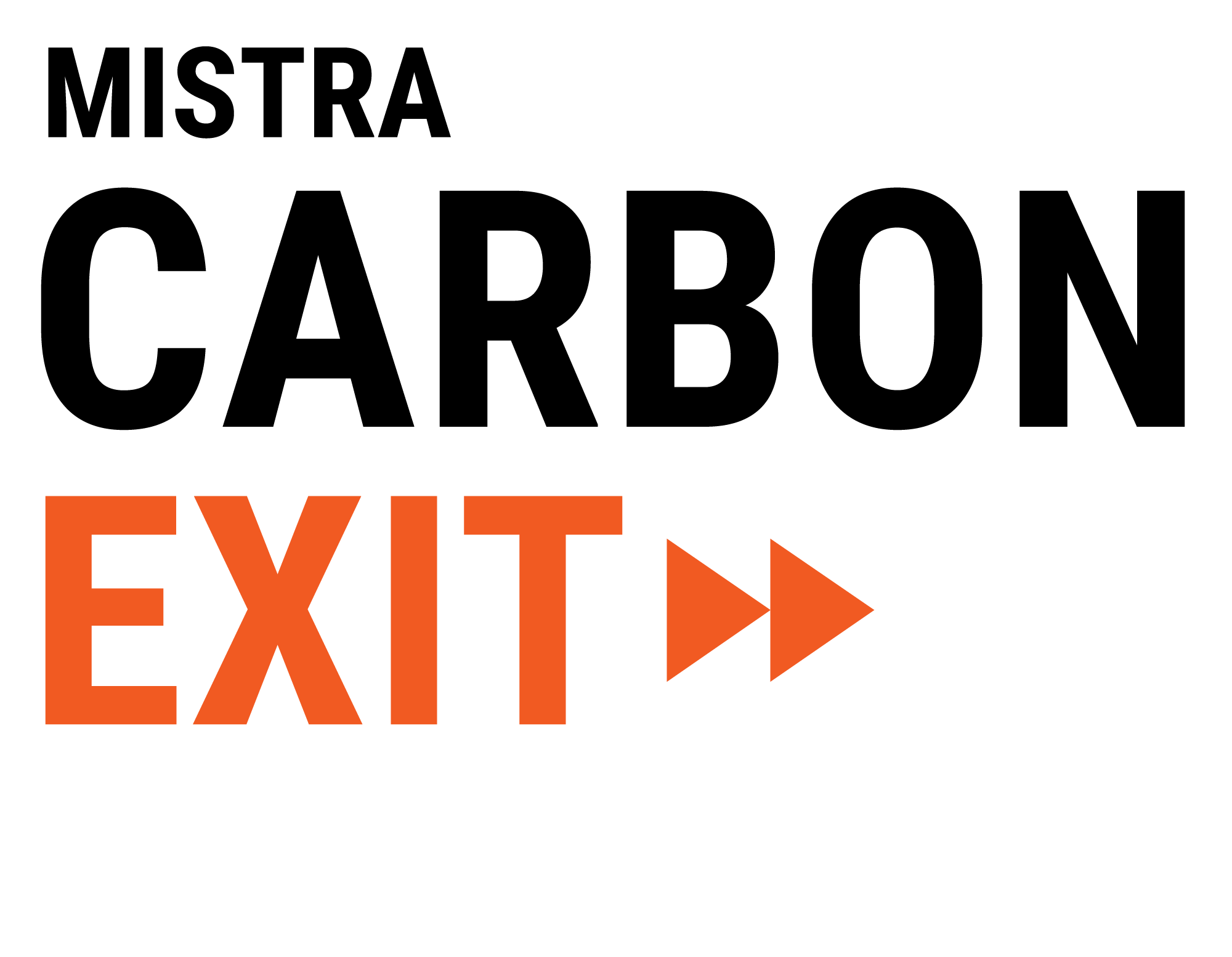Impres case studies now completed
“As a researcher in construction procurement one of my reflections is that expectations on innovations through functional requirements in very large projects may be too high. The sector needs both clear policies and new ways of working together in the value chain to reach carbon neutrality” says Anna Kadefors, KTH/ProcSIBE and Mistra Carbon Exit fellow researcher .
The CCC research project Impres, coordinated with Mistra Carbon Exit, has now completed case studies in USA, Australia, UK, Netherlands and Sweden. The Impres team has interviewed key actors in major infrastructure projects on their experiences from implementing procurement requirements for reduced carbon emissions during construction, operation and maintenance.
Stefan Uppenberg, WSP project manager for the Impres project, and Mistra Carbon Exit reserach fellow Anna Kadefors, KTH/ProcSIBE, presented some preliminary findings from the project at the CCC Summit in Gothenburg June 19th. “We have learnt that a lot of good things and “state of the art” carbon reduction measures are implemented in the projects studied. But also that we’re still early on, and a lot of projects and people are struggling to find forms for how to do this” says Stefan Uppenberg. “As a researcher in construction procurement one of my reflections is that expectations on innovations through functional requirements in very large projects may be too high. The sector needs both clear policies and new ways of working together in the value chain to reach carbon neutrality” Anna Kadefors fills in.
The interview with Anna and Stefan is available at http://constructionclimatechallenge.com/events/ccc-summit-2018/
The Impres team now compiles and analyses the interview data and other information on the cases and their policy environment. The ambition is to produce a project report, guidelines and scientific article manuscripts by the end of 2018.
About the Impres project
Impres stands for Implementation of Procurement Requirements for Sustainable Collaboration in Infrastructure. The overall aim of the project is to contribute to a more efficient implementation of policies and goals for reducing climate impact from the infrastructure sector, especially focusing on procurement requirements.
The Impres project will run for two years, 2017-2018, and is co-funded by the Construction Climate Challenge (CCC), hosted by Volvo Construction Equipment, the Swedish research council Formas through the ProcSIBE project, WSP Group and Skanska. The project is also coordinated with the Swedish Mistra Carbon Exit program. The research is jointly performed by the project partners Swedish Royal Institute of Technology (KTH), Lund University, WSP Group and Skanska.
For further information please visit http://constructionclimatechallenge.com/ or contact info@constructionclimatechallenge.com. Information on the ProcSIBE-project (Procurement for Sustainable Innovation in the Built Environment) is found on www.procsibe.se


